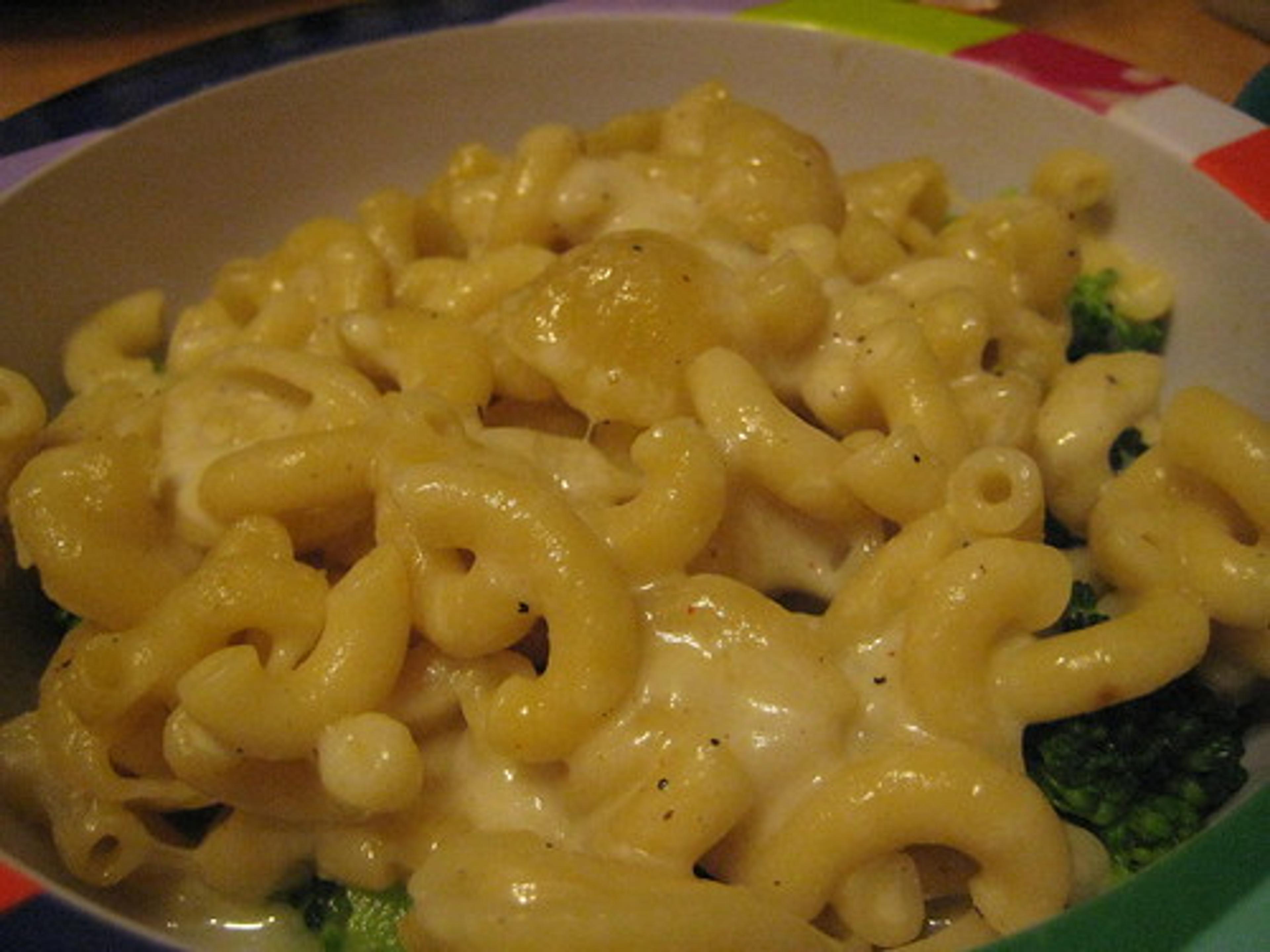Are comfort foods really good mood foods?

Kristin Coppens
| 2 min read

Whether it reminds you of home, raises your spirits when you’re feeling down, or partners perfectly with a cold, rainy day, comfort food is well known and well loved. It has a special place in our hearts. Comfort food can be best represented through dishes like mac & cheese, mashed potatoes and gravy, or fried chicken, to name a few.
Karina Martinez-Mayorga, Ph.D, is performing an ongoing study aimed at finding a correlation between various food flavors and moods. Martinez-Mayorga’s researchers took over 1,700 food flavor ingredients and screened their chemical structures in an attempt to find similarities with marketed anti-depressant drugs and products.
The study successfully proved that we can eat chocolate and feel happy!
Before you run out to nosh on some chocolate, let me explain. The latest findings provide the notion that certain molecules in chocolate, some berries, and foods with omega-3 fatty acids positively affect our mood. In other words, chemical components of these food flavors are similar to the primary ingredient, valproic acid, in many pharmaceutical mood boosters.
Martinez-Mayorga recognizes that the findings are ongoing and relatively new; however, she supports the optimism that “the large body of evidence that chemicals in chocolate, blueberries, raspberries, strawberries, teas and certain foods could well be mood-enhancers encourages the search for other mood modulators in food.”
As a result, some food-flavor companies are joining pharmaceutical companies in the quest for natural mood boosters. The food companies strive to promote certain food products as calm, memory and mood stabilizers, while the pharmaceutical companies continue their work on potent antidepressants. The teamwork between the two industries could mean a significant change in the way we operate towards mood initiatives in the future.
Though the research is conclusive and stable, the findings would never go as far as to replace needed medications for, say, bipolar disorders. On the contrary, the goal in this research is targeting normal, healthy individuals who may occasionally feel down, rather than clinically depressed individuals.
In the future, we might even see a change in dietary recommendations to include foods with positive psychological benefits. This means that the occasional chocolate fix is not necessarily a bad idea. Nevertheless, I can guarantee that mac & cheese and fried chicken won’t make the cut.
What is your go-to comfort food?
Photo credit: moonlightbulb





